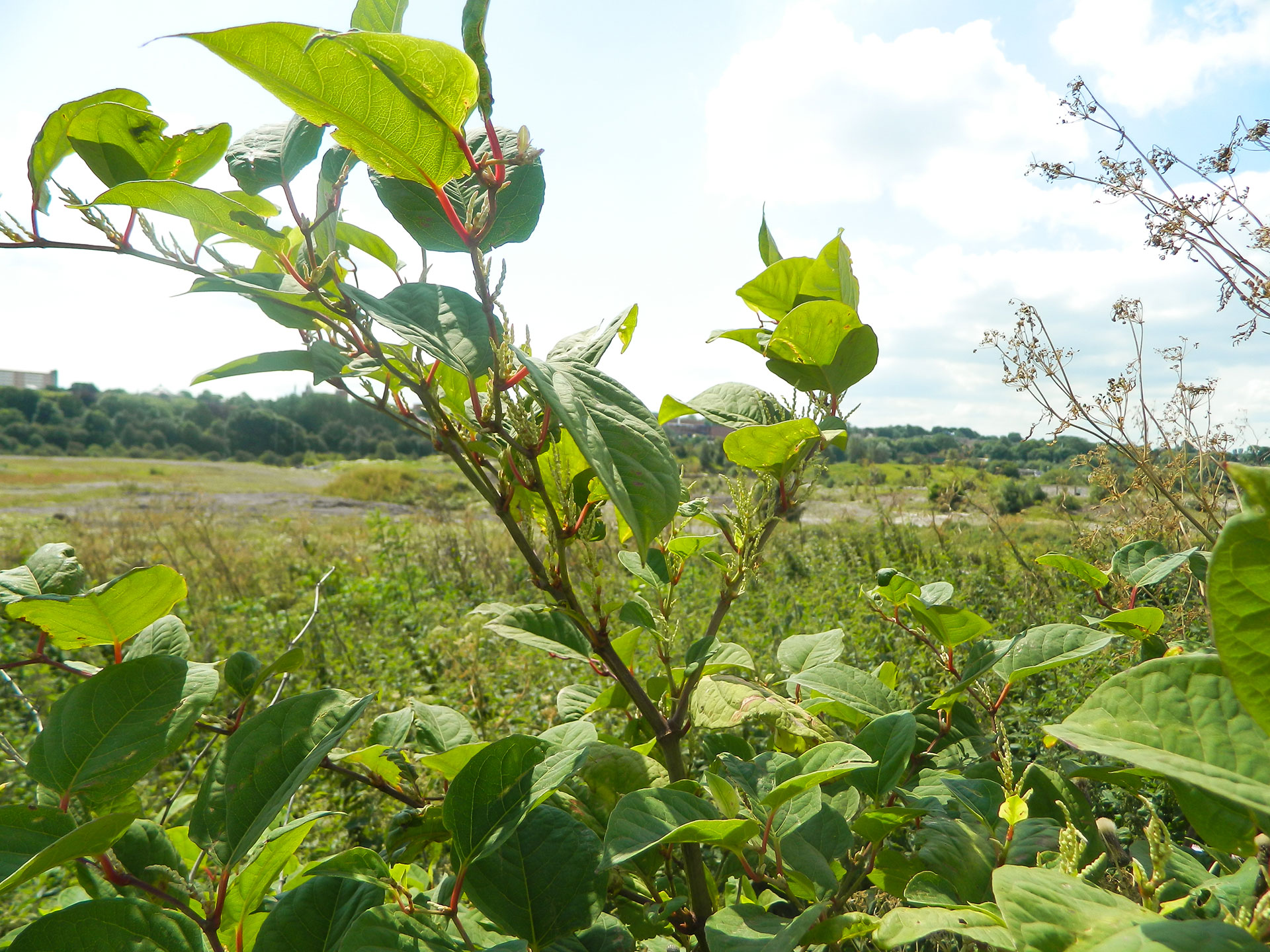Social media and the industry is “awash” with regurgitation of the news that Network Rail have lost a case relating to Japanese knotweed, with words like “game changer” being used. However, nobody seems to be elaborating further what this could potentially mean and the issues it could have.
Let me start by saying I do on the whole welcome the news, NWR as a land owner should be taking their responsibilities seriously and in an ideal world treating and eradicating Japanese knotweed, but is that realistic? Well let’s look at some numbers.
There are 16,000km of railways in the UK and it’s safe to assume that much of that is infested by Japanese knotweed. As embankments are on both sides then this is 32,000km of potential habitat. Even if we are unrealistically cautious let’s just say that 10% of this has JK or other schedule 9 vegetation present. The embankments are on average at least 5m so simple maths is 32,000km x 1000m x 5m / 10 = 16,000,000 sqm of areas potentially contaminated with JK. In my experience the cheapest economy of scale we have given for a commercial eradication program worked our around £4 per sqm, so the cost of eradication of this would be £64,000,000.00!!!!

However, it doesn’t stop here, back to the news story not only was treatment required but the court awarded the costs of an IBG which added £5,000 to the bill, no admittedly this seems a crazy cost but if it included a monitoring program and there was risk of re-infestation from up rail then certainly a £2,500 cost is realistic. Now calculating this would be nearly impossible but I’ve started with this number game now so let’s make some more assumptions. If we have 32,000km then 90% of this would be rural I expect, but 10% again would be urban and near the tracks. Interestingly it is these areas that are much more likely to have JK present. So let’s say there are properties near 3,200km of track, each property is in the region of 10m wide so that could be 320,000 properties. Insurance backed guarantees for these would cost £800,000,000.
So it’s simple really, NWR have to put a strategy in place to avoid being sued to treat 16,000,000 of knotweed and issue 320,000 insurance backed guarantees. They should do it straight away because the problem is only going to get worse. All they need is £864,000,000 to do it. Oh and 1 guy can probably only treat 100 sqm per day because of closures and such so if they employed 100 people to start tomorrow then it would only take 5 years, oh but then it’s probably a 5-year program so 10 years with an annual cost of £86,000,000.
Now these numbers are all essentially complete guesswork, but what it does do is show the position Network Rail are in and probably why they have to take the stance they do. I may be in the minority who has some sympathy for them, however, perhaps the stance over legalities is because of the impact this would have on the cost of maintaining the network and not just because they don’t care. In fact, in my experience its quite the opposite. A NWR representative has been present at every conference, workshop or symposium relating to Japanese knotweed but the honest answer is that it’s too far gone to be able to do anything than manage what is in front of you the best you can.
I can’t see personally that increasing the exposure and costs of treatment with legal rulings is going to help the situation, however, I also do not in any way support a slackening of the law, all I ever seem to do is promote maybe a middle ground where landowners are expected to do something but that this is supported by mortgage lenders, developers, contractors and homeowners and just doesn’t turn into another mis-selling scandal. The day I get a text message or listen to talk sport and hear an advert for JK lawyers is the day I turn in my knapsack*
*NB I don’t have a knapsack, the reference to a knapsack was purely for effect.






